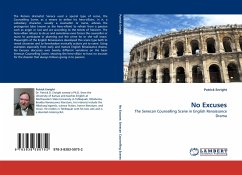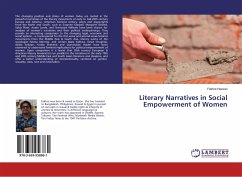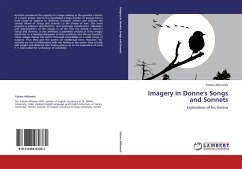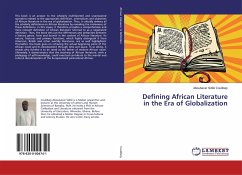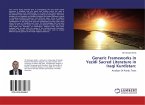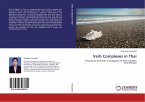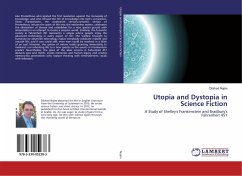The Roman dramatist Seneca used a special type of scene, the Counselling Scene, as a means to define his hero-villains. In it, a subsidiary character, usually a counsellor or nurse, advises the protagonist (also known as the hero-villain) to refrain from a passion such as anger or lust and act according to the tenets of Stoicism. The hero-villain refuses to do so and sometimes even forces the counsellor or nurse to participate in planning out the crime he or she will enact. Playwrights of the English Renaissance developed this scene type both to reveal character and to foreshadow ironically actions yet to come. Using examples especially from early and mature English Renaissance drama, No Excuses discusses over twenty different variations on the basic Senecan Counselling Scene, showing the hero-villain to have no excuses for the disaster that always follows giving in to passion.
Bitte wählen Sie Ihr Anliegen aus.
Rechnungen
Retourenschein anfordern
Bestellstatus
Storno

